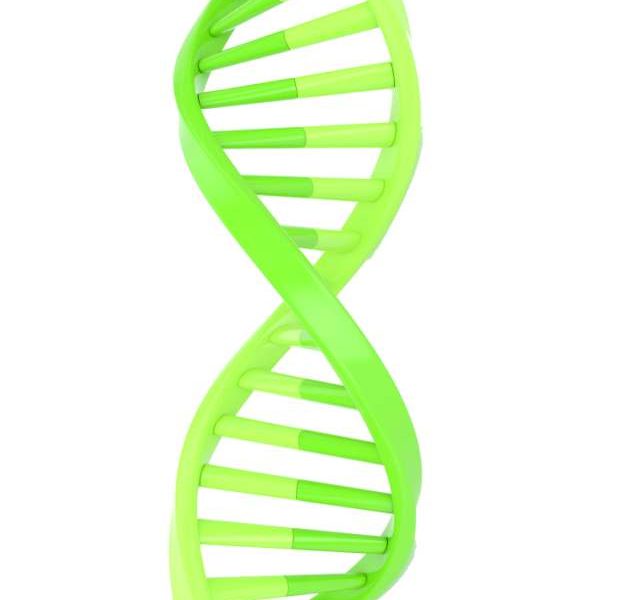Pros
Reconnect with family
Curiosity about our heritage has driven historical research for hundreds of years, but now it’s possible to investigate our ethnicity from the comfort of our own homes. “As our science has evolved, we’re able to provide our customers with more detail around their heritage,” says Hannah Morden-Nicholson, co-founder of Living DNA (livingdna.com). We’ve noticed that people aren’t only interested in their past, but also their future – and how ancestry can relate to things such as personality traits and cultural tendencies.” This is a great way to encourage people to take an interest in history, explore other cultures and locate living relatives.
Alter health habits
Consumers have been using DNA home testing results to determine their diet and fitness plans. “You can of course use trial and error,” says Dan Reardon, CEO of FitnessGenes (fitnessgenes.com). “But, in a world where there’s so much choice when it comes to exercise, diet and supplements, guidance from your genetic make-up is a huge advantage.” It seems the benefits of using the kits in this way are widely accepted. “Understanding more about how our genetics can affect our body size, weight and overall fitness is an important way to personalise our health and lifestyle decisions,” says Elliott Coyne from myDNA Europe (mydna.life/en-uk). However, we’re unconvinced that expert knowledge from a personal trainer or nutritionist wouldn’t have the same effect. We don’t need a DNA kit to tell us we’re unlikely to become Olympic swimmers, or that we should stay away from saturated fats!
Early diagnosis
As with any disease, early diagnosis means faster treatment. The results of genetic testing can assist your doctor in predicting the likelihood and contemplating the management of a disorder. This type of testing is also extremely useful for determining the reason for developmental delays in children, which can allow better understanding of infant behaviours and allow for specialised care. On top of this, those who are concerned that they carry a gene for a certain disease can be blessed with peace of mind should the results refute the paranoia. This prevents misplaced fear of non-existent health issues.
Test results
DIY kits tend to be pretty pricey. They’re certainly useful in some instances, but we recommend taking results with a pinch of salt (unless, of course, this isn’t recommended for someone with your DNA). However, if you’ve been wondering about those estranged cousins you’ve got dotted about the globe, then one of these tests is a step in the right direction!
Cons
Data protection
There are certainly privacy concerns when it comes to sending off such precise personal information, trusting all the while that it will be kept top secret. The organisation collecting the data will have a complete profile of who you are, once you’ve filled out the necessary questionnaires. They’re then trusted not to sell the information on to insurance companies or future employers, in an age where personal data is so valuable. The power that this gives these relatively new organisations is frightening.
Anxiety
Imagine delving into a DIY gene testing kit, perfectly confident about your good health, only to learn that you’re likely to develop Parkinson’s disease or Alzheimer’s at an unusually early age. There’s next to nothing you can do, as neither are entirely preventable. The emotional trauma caused by such knowledge can only be detrimental to a person’s wellbeing. Although it’s positive that such things can be determined at an early stage if they’re preventable, it’s potentially harmful for us to be aware of pre-determined medical conditions that we’re unable to do anything about.
Inaccuracy
Cases of conflicting results are rife among consumers, which is evidence enough that the tests aren’t fool-proof. This is particularly troubling in terms of heritage or propensity for disease, as people may identify with a nationality that doesn’t belong to them, or fear an illness that they’re unlikely to get. “While it may sound great to be able to do this on your own,” says Nichole Holm PhD of the University of California (universityofcalifornia.edu), “there are many problems with at-home medical genetic tests.” Holm explains that the error checking at a direct-toconsumer DNA laboratory isn’t as thorough as that conducted at a clinical lab. “The results are based on markers of people of similar backgrounds, rather than deduced from actual strands of the DNA. This means that a home DNA test might incorrectly say that you don’t need to worry about something, or make you concerned about a result that may be inaccurate.”




















